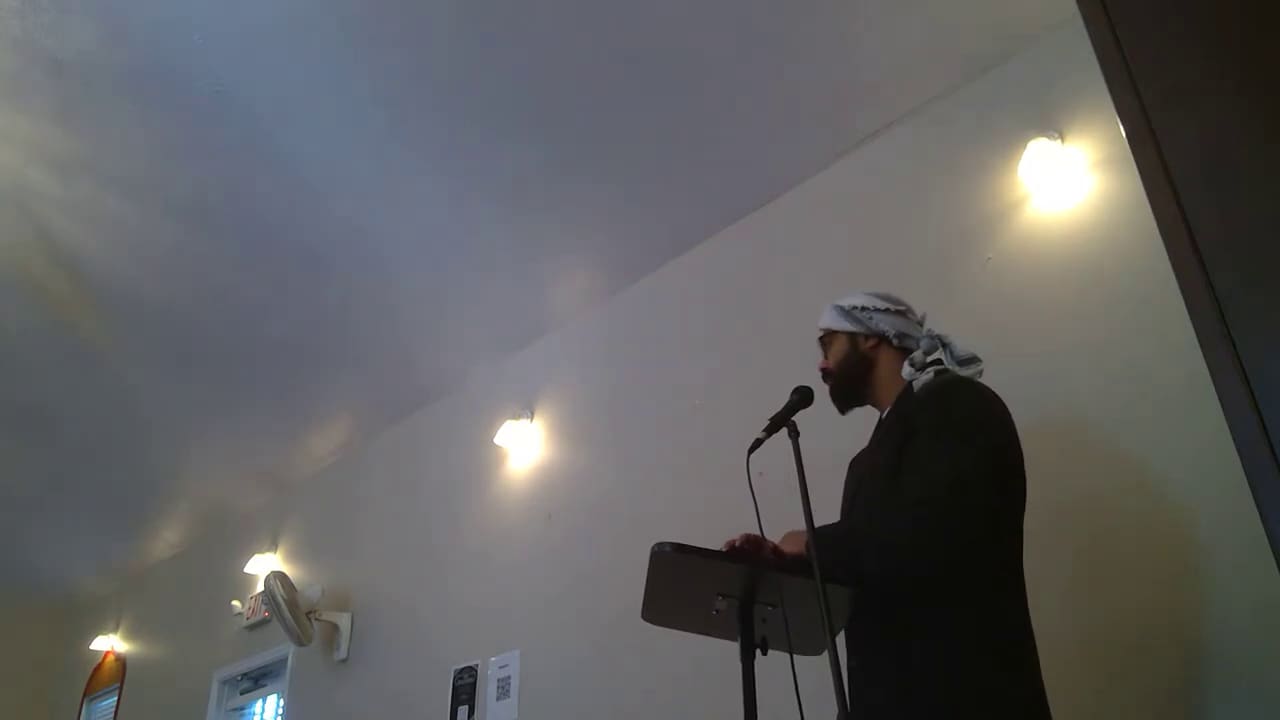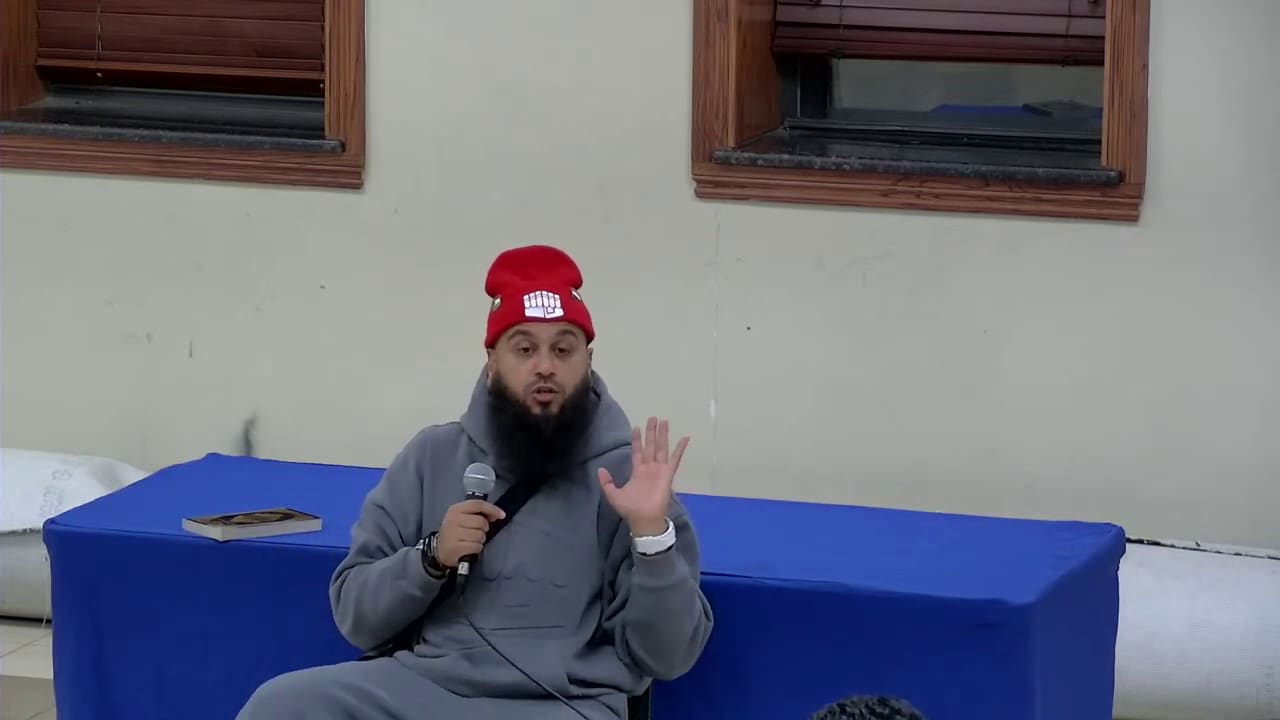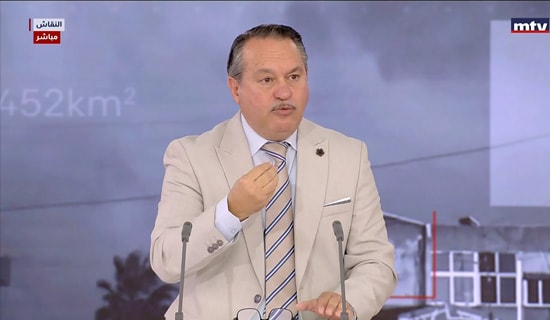
Former Jordanian Foreign Minister Marwan Al-Muasher said, in a recent TV interview, that the education systems in the Arab world had "failed miserably," and that the focus on rote learning, rather than learning to think critically, has given rise to frustrated people who ultimately take to the streets. Speaking on Sky News Arabia on January 13, he said that he was concerned that continuing to take a purely security-military approach to the fight against ISIS and other terror groups would give rise to a movement more dangerous and savage than ISIS. "We bear the responsibility to reexamine the political, economic, and social policies in our countries, to make them… more accessible to the public," he said. On the question of American intervention in the Middle East, Al-Muasher said: "It is time that we took responsibility for our actions. We have a lot to do. I don't think that we should be waiting for the Americans to determine our future for us."
Marwan Al-Muasher: We are still at the beginning of the road. Any historical change takes decades, if not centuries. Allah willing, it will not take us centuries, but no process of historical change takes only five years. So if we look at only the past five years - or six, now -we can say - as indeed, many do - that this is not an "Arab Spring," but an "Arab Fall" or an "Arab Winter." But if we look at the process from an historical perspective, we realize that the situation that had existed before in the Arab countries could not have continued. One cannot turn the clock back in time. Some say: "We don't want the Arab Spring anymore. We'd like to go back to what things were like before 2010." This is impossible. However, democracy cannot be achieved only through the passage of time. We need to work to achieve it. We need to build [democratic] institutions.
[…]
We have begun to have popular protests, but they have not yet grown into a clear ideological framework, which would enable us to know exactly what we want. The Arab youth have said loud and clear what it is that they don't want, but they have not yet succeeded in formulating the necessary ideological framework. We are in need of a comprehensive cultural revolution, and it must be started in our education systems, which have failed miserably.
[…]
Many Islamic thinkers have been eliminated from our curricula. Averroës is not taught in our schools, and nor is Ibn Khaldun. The entire field of philosophy is not taught in our schools today, and if it is taught, it is presented in a negative light. It is said that the philosophers "do not understand" and so on. There is no critical thinking when it comes to our curricula. You are required to accept the facts, as conveyed by the teacher, as axioms, without debate, without the opportunity to read other texts, and without any probing. The mindset in the Arab world was that by adhering to rote learning, we would give rise to people who are peaceful and placid, who would not demand any accountability from the authorities. But in fact, we have given rise to people who are frustrated, incapable of joining the workforce, incapable of developing the basic skills necessary in the workforce, and ultimately, they take to the streets.
[…]
I'm sad to say that I believe that all the Arab governments, as well as the entire international community - let's not blame the Arab governments alone - have adopted a purely military approach to defeat ISIS. They are trying to defeat ISIS militarily, and they will succeed in doing so - just as we succeeded in defeating Abu Mus'ab Al-Zarqawi's organization in 2007-2008, and just as the Americans succeeded in defeating Al-Qaeda in Afghanistan in 2002-2003. Today, we have at least ten Al-Qaedas, and although Abu Mus'ab Al-Zarqawi is gone, the organization that sprung up in his place is even more takfiri, more terrorist, and more savage than him. I fear that if we continue to take this strictly-security approach, the alternative to ISIS will be much more dangerous and savage. It is imperative that we develop an ideological plan. We must realize that many of the people who join ISIS today do not do so purely out of religious or ideological motivations. They join because they feel that ISIS gives them a voice - since their voice is not heard in their country - and because ISIS gives them economic opportunities that they do not have in their country. In addition, we bear the responsibility to reexamine the political, economic, and social policies in our countries, to make them not only more efficient, but more accessible to the public.
[…]
If you consider the opinion polls in the Arab countries, 80% of the Arab population does not want American intervention in the region. However, if it does not intervene in the region, along come the others and say: "But it needs to intervene." Then, when it intervenes, people say that it wreaks destruction. When George Bush intervened in the region, we all said that he destroyed the region - which he actually did. When Obama said: "I don't want to intervene in the region," people ask why not.
Interviewer: Obama has destroyed the region through non-intervention.
Marwan Al-Muasher: Right. Enough. It is time that we took responsibility for our actions. We have a lot to do. I don't think that we should be waiting for the Americans to determine our future for us.
[…]

















